Dentistry, also known as oral medicine, is a branch of medicine that consists of the study, diagnosis, prevention, and treatment of diseases, disorders, and conditions of the oral cavity, usually of the teeth (the development and arrangement of teeth) as well as the oral mucosa and its adjacent and associated structures and tissues. Especially in the maxillofacial area. The field of dentistry includes in addition to other aspects of the craniofacial complex including the temporomandibular joint and other supporting, muscular, lymphatic, nervous, vascular, and anatomical structures. The practitioner is called a dentist.
Dentistry is often understood to include the largely defunct medical specialty of oral medicine (the study of the mouth and its disorders and diseases) which is why the two terms are used interchangeably in certain areas. For example, in Australia, oral medicine is a specialty of dentistry. However, some specialties such as oral and maxillofacial surgery (facial reconstruction) may require degrees in medicine and dentistry to achieve. Dentistry and some branches of medicine in European history have been considered to stem from the barber surgeons trade. However, both fields have since developed with more emphasis in the life sciences, evidence-based research and evidence-based practice.
Dental treatments are performed by a dental team, which often consists of a dentist and dental assistants (dentist assistants, dental hygienists, dental technicians as well as dental therapists). Most dentists work either in private clinics (primary health care), dental hospitals, or (secondary care) institutions (prisons, military bases, etc.).
The history of dentistry is as old as the history of mankind and civilization, with the oldest evidence dating back to between 7000 BC and 5500 BC. Skeletal remains from Mehrgarh (now in Pakistan) dated to this time show evidence of dental drilling with flint tools to remove caries, a method found to be “surprisingly effective”. Dentistry is believed to be the first medical specialty that developed its accredited degree with its own specialties. The modern evidence-based dentistry movement advocates the use of high-quality scientific research and evidence to guide decision-making such as manual dental maintenance, use of fluoride water treatment and fluoride toothpaste, and management of oral diseases such as tooth decay and periodontal disease, as well as systemic diseases such as osteoporosis. diabetes, celiac disease, cancer, and HIV/AIDS, which can also affect the oral cavity.
Other practices related to evidence-based dentistry include oral radiography to check for dental deformity or oral infections, hematology (blood study) to avoid bleeding complications during dental surgery, cardiology (due to various serious complications from dental surgery for heart patients), etc.


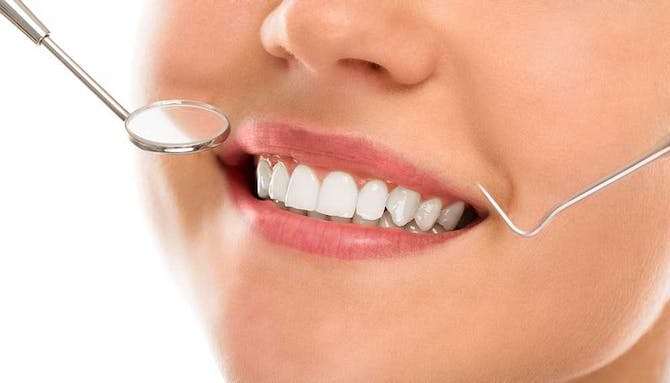





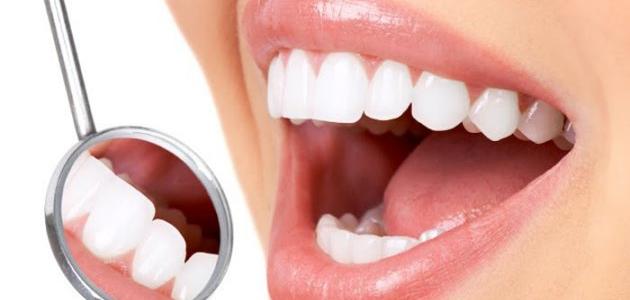
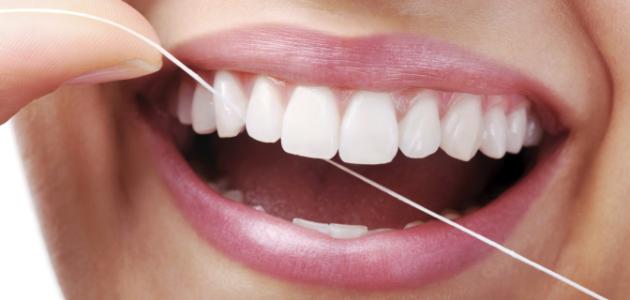

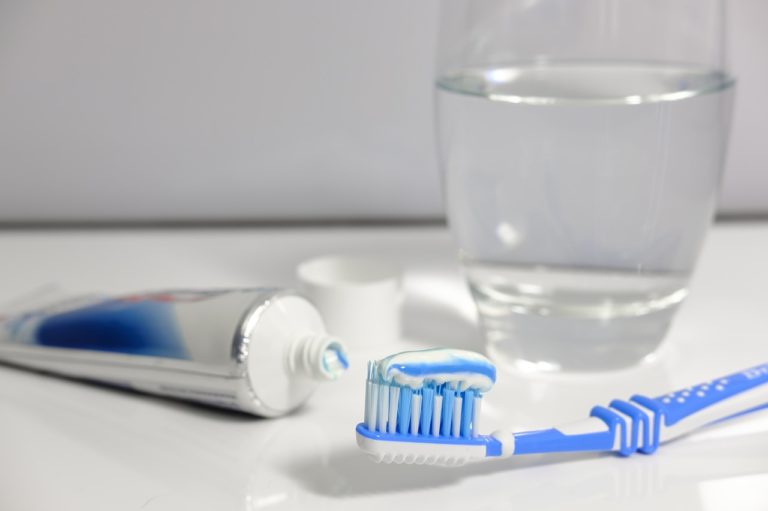
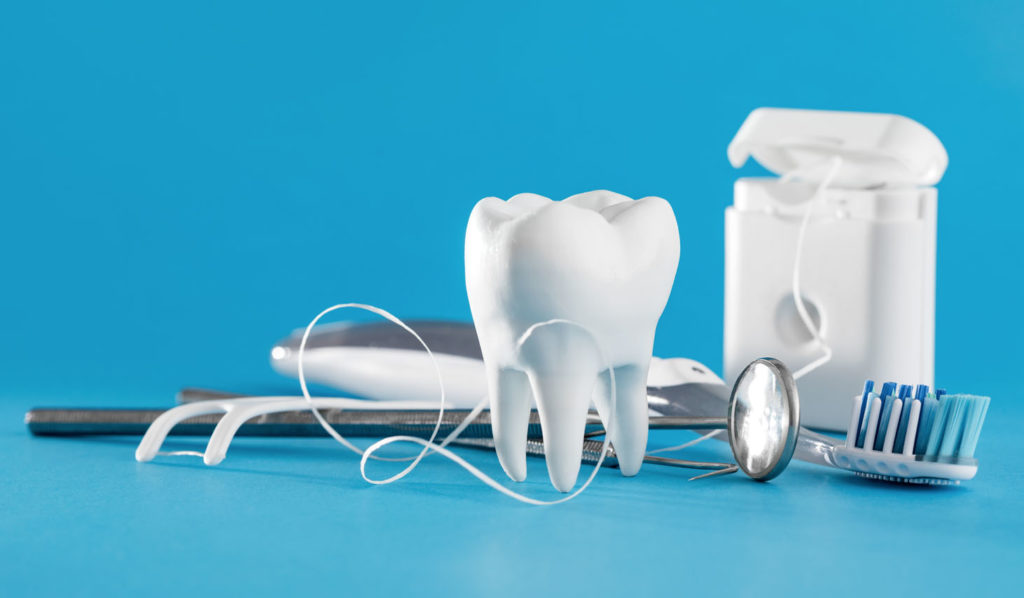






Comments